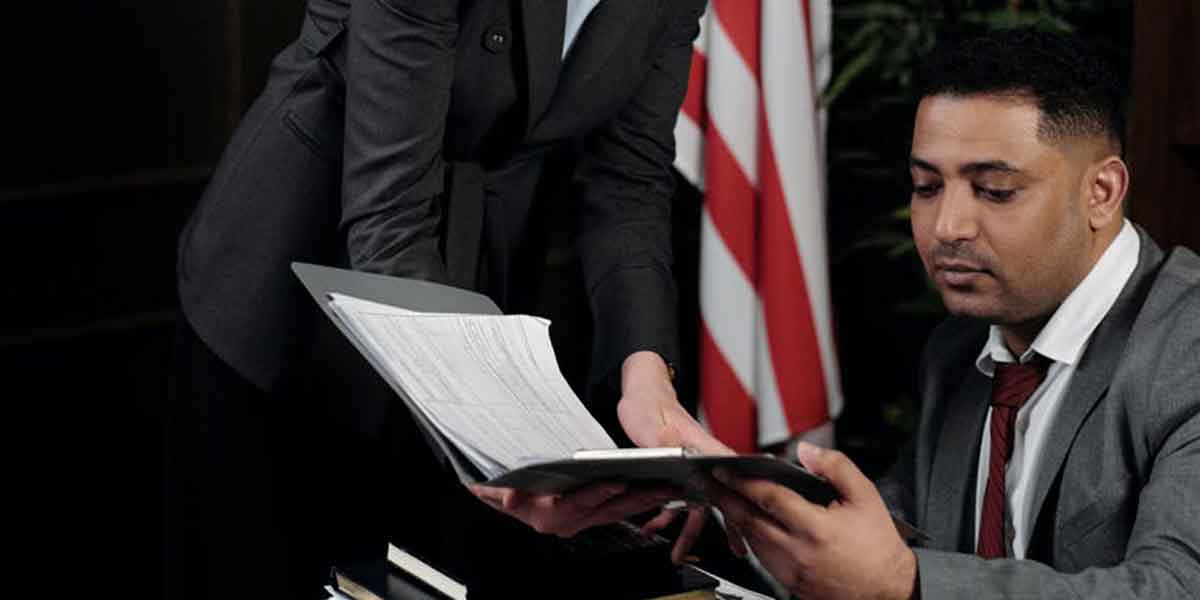When creating a will, it is crucial to designate an executor who will carry out your wishes after your passing. This individual must be reliable and competent to handle the probate process effectively. The executor’s role is to ensure that all the instructions in the will are followed and that any outstanding debts are settled before distributing the remaining assets to the beneficiaries.
- Essential Qualities of an Executor
The executor must demonstrate a high level of responsibility throughout the probate process. While they do not need to be a legal or financial expert, they should be trustworthy and capable of managing the deceased’s estate efficiently. Choosing a responsible family member or friend as the executor is ideal, but if no suitable candidate is available, hiring a probate attorney can be a viable option, albeit at a higher cost.
- Necessary Skills for the Executor
In addition to responsibility, the executor must possess the skills to handle the decedent’s assets and address any family disputes that may arise. It is essential for the executor to communicate effectively with heirs and beneficiaries to prevent conflicts and resolve any disagreements that may arise. In cases where the will is contested, the executor must be prepared to navigate legal challenges and stay focused on fulfilling the decedent’s wishes.
- Consideration of Location
Choosing a local executor is advisable as they are familiar with the laws and procedures of the state where the probate process will take place. A local executor can navigate the legal requirements more efficiently compared to a non-local executor who may face challenges due to unfamiliarity with state laws. Selecting a local executor can streamline the probate process and minimize potential complications.
- Executor’s Willingness
Before appointing an executor, it is essential to ensure that the individual is willing to take on the responsibilities associated with the role. The executor’s willingness to fulfill their duties is crucial for the successful execution of the probate process. If the executor lacks interest or motivation, it may hinder the efficient completion of the tasks at hand.
- Health Considerations
The executor should be in good health and of sound mind to effectively carry out their duties during the probate process. It is imperative that the executor is physically and mentally capable of handling the responsibilities that come with executing a will. An individual in poor health may struggle to fulfill their obligations, leading to delays and complications in the probate process.
selecting the right executor is paramount to the successful execution of a will. The executor’s role is pivotal in ensuring that the decedent’s wishes are carried out accurately and efficiently. By considering the qualities, skills, location, willingness, and health of the executor, the testator can make an informed decision that will facilitate a smooth probate process.




